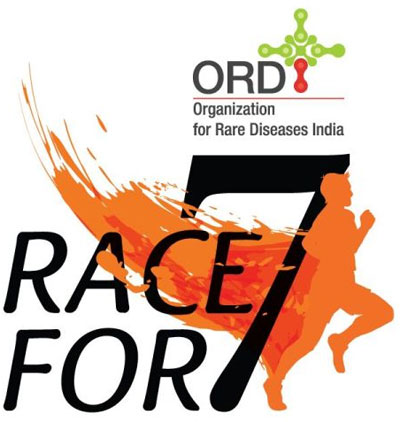The Department of Biotechnology (DBT) has called for research and development (R&D) proposals on human genetic diseases focusing on rare genetic disorders and identifying the genes that cause the disease, considering the health burden of these diseases in the country.
The programme is to support cutting-edge R&D project proposals across a spectrum of research including basic research, translational research and clinical research to establish how to use genomic information to advance medical care.
Overall aim of the programme is to support R&D activities for understanding the role of genetic component in health and disease, and the cross-talk of these components with environmental and lifestyle factors; translating the understanding thus acquired for the improvement of human health; development of genomics-based strategies for prediction, diagnosis, treatment and prevention of disease; development of early- warning minimally invasive diagnostic biomarkers for diseases with a genetic basis; and building capacity in human genetics and genomics by promoting training on technology platforms and methodologies for genome analysis in relation to human health and disease, among others.
“Genetics and genomics play key roles in human health and disease outcome. Fast, large-scale, low-cost genome sequencing has propelled genomic medicine into mainstream driving a revolutionary shift toward precision medicine,” said the Department.
Individual genetic makeup and variation inform the risk of disease, and can be used as a screening tool to more precisely characterize health outcomes, and to advise medicine selection, including treatment and therapies that may be designed to target specific disease conditions.
“Human Genetics and Genomics programmer of the Department of Biotechnology supports research and development activities to uncover the role that genetics and genomics plays in human health,” it added.
The programme is to support research in thrust areas including rare genetic disorders, to study disease associated genetic variation and development of new diagnostic tests, and targeted treatments for rare genetic disorders; discovery of causative genes for various Mendelian disorders such as cerebral ataxias, cortical malformations, intellectual disability, dystonia, etc.; genetics of multi-factorial disorders with monogenic component such as Anencephaly.
Parkinson’s, Alzheimer’s, cardiovascular disorders, diabetes etc. programme on diagnostics development of human genetic diseases using genetic model organisms; creation, integration, and development of capacity & resources for functional interpretation & validation of disease-associated genetic variations of Indian Genetic Diseases Database for genetic diseases relevant to India; and transdisciplinary collaborative research exploring the potential of precision medicine with focus on development of new tools and analytic methods for integrating patient data with information about contextual factors acting at the community or population level to influence health outcomes.
It also looks at focusing on development of pharmacogenomic and other precision medicine tools to identify critical biomarkers for disease progression and drug responses in diverse populations and translation of pharmacogenomic discoveries into clinical practice including effective treatments.
The DBT added that scientists, clinicians or researchers working in a regular capacity in government R&D institutions or medical colleges or academic institutions or National Laboratories or Scientific and Industrial Research Organisations (SIRO) recognised non-profit R&D organizations, with sound relevant scientific & technical backgrounds and relevant publications in the proposed research area in the proposal can submit project proposals.
Cross-disciplinary proposals having near-term translational potential may be given priority. Apart from the conditions in the evaluation criteria, the department also reserves the right to select or reject the proposals based on the priority and availability of funds, it added. The last date of project submission is January 31, 2022.
Link for original article : http://www.pharmabiz.com/NewsDetails.aspx?aid=155462&sid=1



